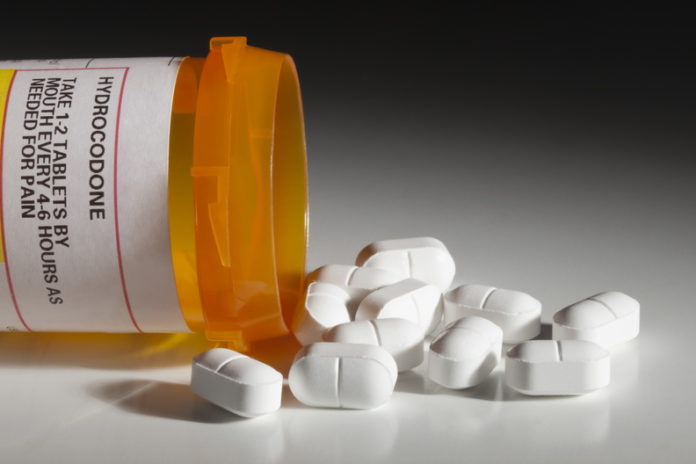
The House bill, HF 400, establishes an opioid stewardship fund and an Opioid Addiction Advisory Council. However, the most controversial aspect of this bill is its opiate product registration fee.
The opiate registration fee would apply to pharmaceutical distributors, increasing costs for everyone involved. These fees “specifically target sick people and raises the cost of their treatment” Jason Flohrs, Minnesota State Director for Americans For Prosperity (AFP) says adding that it is “not an effective way to confront the opioid epidemic”
Minnesotans are already struggling with increased healthcare costs but “with a billion-dollar budget surplus, we can surely find the necessary funding to alleviate this crisis without sticking sick people with higher costs” says Flohrs, adding that if this truly was a priority for legislators, the money would come out of the general fund to support this.
Flohrs told Alpha News that the Senate bill, SF 751, is “the lesser of two evils” as it “spreads out the cost a little bit more within the broad supply chain and industry rather than it being so punitively targeted” like that of the House bill.
In the end, as clearly shown by the budget surplus, our state is already collecting more revenue than projected. “We should not go backwards to arbitrarily driving up health care costs, no matter how well-intentioned the rationale” Florhs concluded in his letter to members of the Minnesota Senate.
These bills are “the exact same kind of mechanism that Governor Walz’s is proposing to expand socialized medicine in the state when he wants to continue and expand the provider tax” Flohrs told Alpha News, adding that ultimately, it all comes back to consumers and “consumers pay these taxes.” Flohrs and AFP are “doing everything that they can across healthcare to get rid of government-imposed costs.”
Megan Olson
Megan Olson is a 2020 graduate of the University of Minnesota with degrees in political science and history. She works in public affairs in addition to serving on the Legislative Advisory Council for School District 196. She is also on the school board for FIT academy, a charter school in Apple Valley.

















